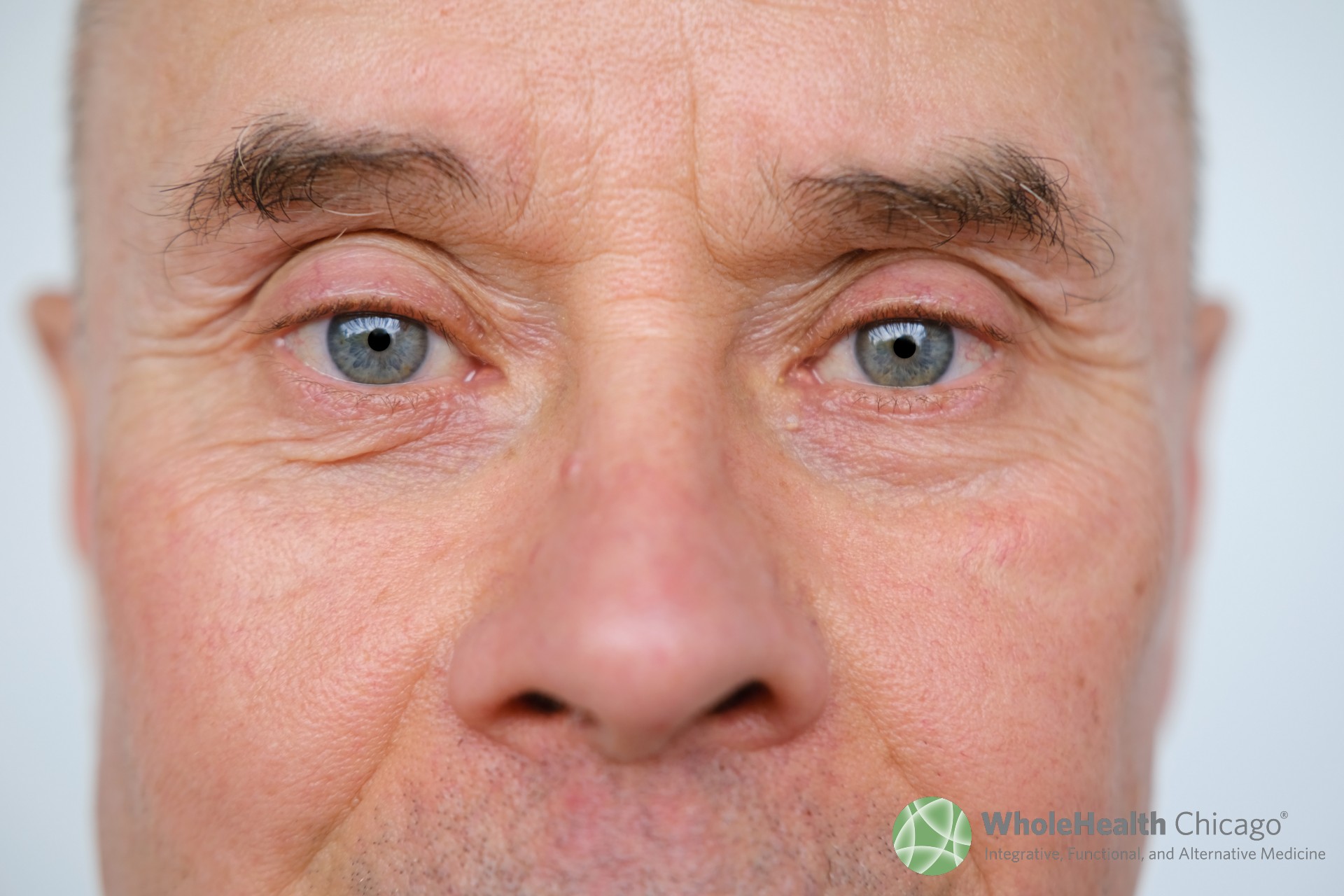Taurine. Never heard of it, right? It’s an amino acid, one of the building blocks of protein, and helps digestive, cardiovascular, musculoskeletal, and nervous system functions. However, we require more taurine than we can manufacture, so deficiencies are possible. Fortunately, plenty of taurine is found in protein foods: meat, poultry, dairy, seafood, and yes, vegans do have lower levels of taurine than the general population.
News about taurine actually made the New York Times last week reporting on a well-researched article from the journal, Science, that when taurine supplements were given to lab animals, they lived longer and healthier lives than those that were not. Mice given taurine supplements lived 12% longer than their expected lifespans, but of course mice are mice and human studies are not yet underway. The mechanism for this almost miraculous effect seems to be a perfect trifecta of an antioxidant, DNA protection, and anti-inflammation.
For those of you interested in nutritional supplements used in longevity medicine, here’s a list and a link to a previous Health Tip. I’m assuming that you’ve read enough about what will shorten your life: junk food, tobacco, excessive alcohol, stress, inactivity, skydiving.
- Curcumin (Theracumin HP by Integrative Therapeutics), one, twice daily (anti-inflammatory and antioxidant capable of crossing blood brain barrier).
- Quicksilver Scientific NAD+ Gold, two sprays every morning, under the tongue.
- Ultra Resveratrol (by Integrative Therapeutics), one daily (high potency antioxidant and anti-inflammatory).
- Ergothioneine (by Real Mushrooms), one daily (species of mushroom with high potency antioxidant properties).
I recently changed this list slightly, removing Green Tea Extract capsules (you can just drink green tea instead) and replaced it with oral NAD+, which is really coming to the forefront in the field of anti-aging medicine. I have written articles on NAD+ and its effect, preserving your chromosomes and slowing your aging processes. This version created by Quicksilver Scientific is absorbed through the thin skin under your tongue and not destroyed by stomach acid (as are capsules). It may not be quite as dramatic as intravenous NAD+ but is certainly more affordable. NAD+ injections are also available and easier on the pocketbook. If you can manage a monthly, or bimonthly, NAD+ infusion (and can spare a couple of hours), consider that a part of your longevity program as well.
DEMENTIA PREVENTION
Apparently reaching the age at which many patients are caring for elderly parents, many have been asking if there was anything new about preventing dementia besides Dale Bredesen’s excellent, “The End of Alzheimer’s”.
Doctors have been “re-discovering” the so-called MIND diet (Mediterranean- Intervention for Neurodegenerative Delay) which had first been published in 2015, analyzing the best possible nutritional intervention for Alzheimer prevention. It had appeared in a smaller journal and well, was sort of “lost” in the Tsunami of publicity surrounding the Mediterranean Diet.
Although you can read the details here, here are the basics:
A traditional Mediterranean diet primarily consists of grains, legumes, vegetables, fruit, nuts, and fish. People can also include small amounts of meat, eggs, dairy, and alcohol. The DASH diet emphasizes fruit, vegetables, and low-fat dairy products. A person can also eat whole grains, poultry, fish, and nuts but should limit their intake of saturated fats, red meat, and sugars.
The MIND diet combines these dietary patterns by encouraging the consumption of many plant-based foods, in addition to fish and poultry, while attempting to avoid saturated fats and added sugars. The diet mostly differs due to its focus on daily and weekly recommendations for specific foods and food groups. Less red meat, more fish, more leafy green veggies, definitely more berries.
For example, it recommends two or more servings of vegetables a day but notes that at least one serving should be leafy green vegetables.
Here’s the Kicker: Evidence suggests that the MIND diet can help lower Alzheimer’s disease risk by about 53% or 35%, depending on whether a person follows the diet strictly or moderately well.
Be Well,
David Edelberg, MD

Are these safe to take while breastfeeding?
SMM
Very interesting-thank you Dr.E!
Tina Hepworth
You are welcome Tina.
WholeHealth Chicago